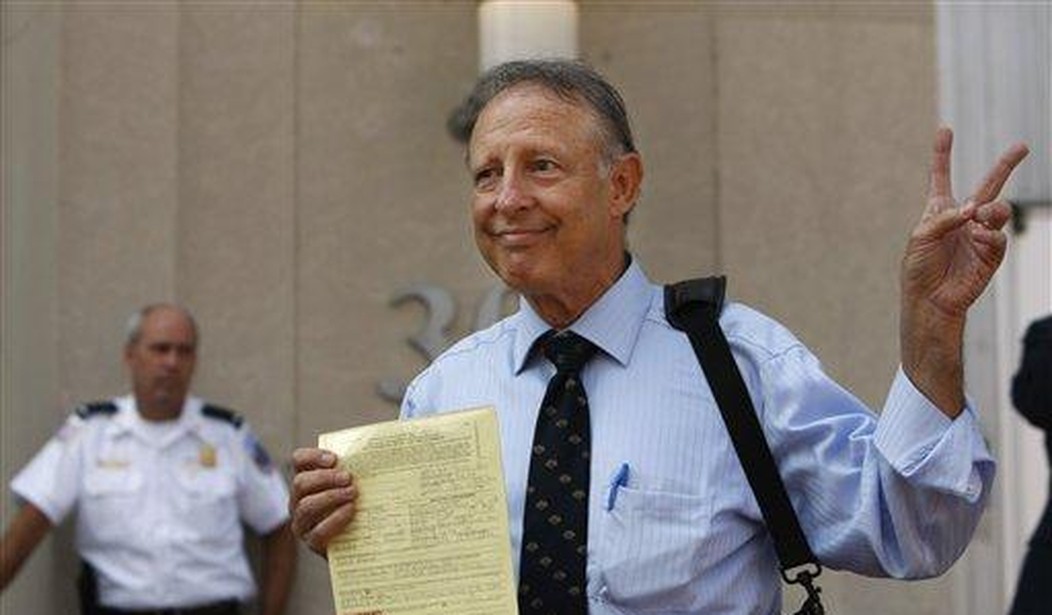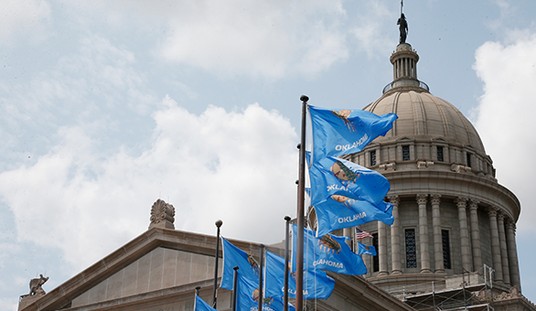We’ll soon find out. Last month Dick Heller (of Heller v. District of Columbia fame) and two other D.C. residents sued the District over its ban on home-built firearms, and now the Washington Post is taking a closer look at the litigation. You’d expect the Post to skewer the lawsuit, but their reporting is actually pretty fair. In fact, the paper even points out one of the biggest issues with D.C.’s latest gun ban.
Heller’s lawsuit acknowledges that the District has “a legitimate governmental concern” in prohibiting untraceable firearms. But “it is astounding that the D.C. ghost gun legislation doesn’t say a word about requiring serial numbers.”
The suit also challenges a D.C. law that has been on the books since 1976: “No person or organization shall manufacture any firearm, destructive device or parts thereof, or ammunition, within the District.” Lyon wrote, “We know of no other jurisdiction in the United States that has purported to ban the manufacture of firearms.”
… David Pucino, senior staff attorney for the Giffords Law Center to Prevent Gun Violence, said that “the right to make your own firearm at home, I can’t find that in the Second Amendment.”
No, but you can find the right to both keep and bear them, which implies a right to acquire a firearm. It’s hard to keep something that you’re not able to get, after all. And in D.C., it’s impossible to legally get a gun, because there are no gun stores. In order for a D.C. resident to lawfully purchase a firearm, they’ve got to drive (or take public transportation) into Virginia or Maryland and go to a gun store there. Once they’ve picked out a gun and passed a background check, they have to pay to have the firearm transferred to an FFL in Washington, D.C. where they can actually pick it up.
That’s a burdensome process, and it’s understandable why many residents would choose to simply build their own gun instead. But because D.C. wants to make it as difficult as possible to exercise your Second Amendment rights, they’ve now criminalized doing so.
Mark Oliva, director of public affairs at the National Shooting Sports Foundation, said, “For a law-abiding citizen to make a firearm has always been legal. But D.C.’s never been shy about trying to infringe on Second Amendment rights.” He said laws already exist that prohibit felons, domestic violence offenders and others from owning guns, and those should suffice whether a gun is mass-produced or homemade.
Heller’s lawsuit isn’t even seeking the ability to manufacture an unserialized firearm. In his lawsuit, he says he’s willing to serialize and register his home-built pistol with the District of Columbia, but that’s not even an option under the gun ban imposed last year.
So he ordered a kit to make a Glock-style 9mm handgun from a company in North Carolina, and had it shipped to one of the District’s two federal firearm licensees. A licensee is someone cleared by ATF to sell guns. The licensee in the District received the kit in April, consulted the D.C. police and was told to send it back, which it did. Thus, Heller had damages “by being deprived of his parts kit,” [plaintiffs’ attorney George L.] Lyon said.
The District’s response is due October 18th, and my guess is they’ll try to defend their law, at least in the trial court and the D.C. Circuit Court of Appeals. If the D.C. Circuit ends up overturning the law, however, its far more likely that the District would re-write its ban on unserialized and home-built firearms rather than risk a Supreme Court decision that could toss out similar bans across the nation. That’s exactly what Washington, D.C. did with its “may issue” carry law a few years ago; choosing to adopt a “shall issue” policy and dropping the need to demonstrate “good cause” instead of appealing an appellate court’s decision declaring its carry laws unconstitutional.
For now, though, the District’s “ghost gun” ban remains in effect, and it’s blocking residents from the easiest and simplest way to exercise their right to keep a gun in their home: building their own. I don’t see how this policy survives a court challenge, but unless Heller is successful in his request to block the law from being enforced while the lawsuit proceeds, relief isn’t likely in the short term.









Join the conversation as a VIP Member